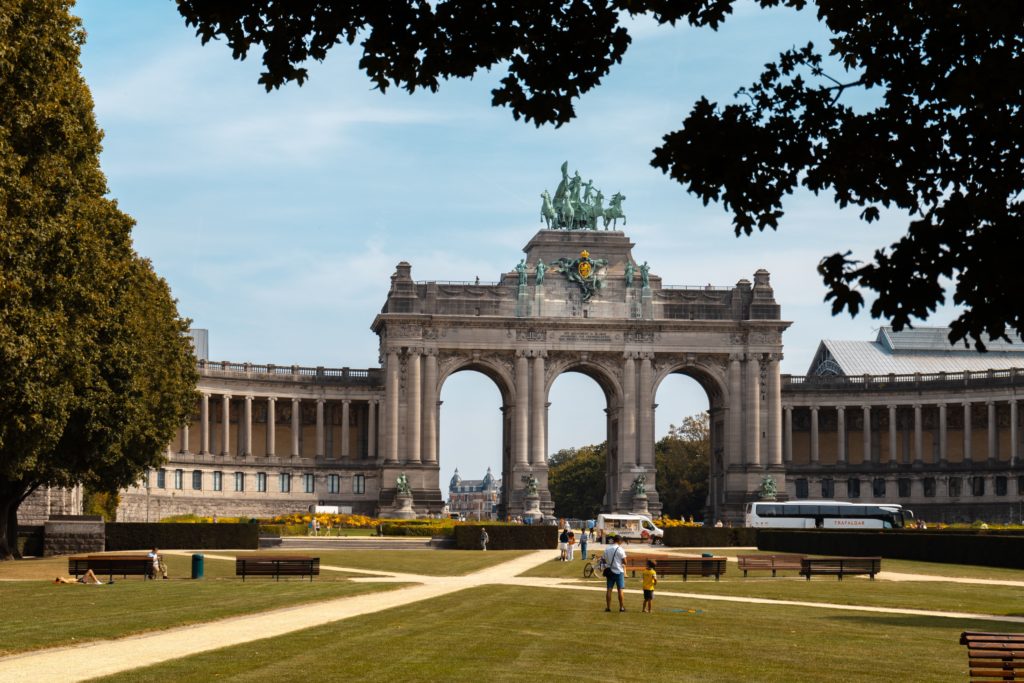Belgium has a high standard of living, and property prices are lower than in many neighboring countries and capital cities. However, high property transaction costs can cancel out any short-term benefits, so it’s critical to understand the quirks and regulations of the Belgian housing market before purchasing a home.

Homeownership
According to 2018 statistics, 72.7% of Belgians own their homes rather than renting them. This is slightly higher than the EU average, which is around 64.3%.
This is due largely to the affordability of Belgian properties, even in more affluent city areas, as well as the availability of mortgages in Belgium.
Rent or buy properties
Whether you buy or rent in Belgium is largely determined by your circumstances. Both have advantages and disadvantages, as do many other countries.
Buying vs renting factors
Explained below are some of the factors to consider when buying a house:
Access to finance
while buying a home in Belgium is less expensive than in many other countries, it still requires a much larger financial outlay than renting. Few people can afford to buy a home outright, so you’ll need credit, such as a Belgian mortgage. If this is not possible, you may have to rent, at least temporarily.
Length of stay in the country
If you’re moving to Belgium long-term, such as to retire, buying may be more cost-effective. However, renting may be a better option if your move is temporary, or you are unsure how long you will stay. The transaction costs associated with purchasing property in Belgium can take several years to recoup.
Ownership freedom vs. renting flexibility
do you want a place you can truly call your own, one that you can own and renovate as you please? Then purchasing a home may be for you. However, this is a significant commitment that you cannot simply walk away from if your circumstances change. Renting may be preferable if you value flexibility over decision-making ability.
Can Indian citizens buy a property?
Even non-resident foreigners are not prohibited from purchasing real estate in Belgium or obtaining a Belgian mortgage.
However, there are various tax implications for Belgian residents versus non-resident buyers. You can read the information on Belgian foreigner visa requirements as well as applicable Belgian taxes.
It’s important to remember that anyone who temporarily rents out their apartment on websites like Airbnb must report all income on their Belgian tax return. Failure to disclose rental income could result in a €1,250 fine or a 200% tax surcharge.
The Belgian property market and property prices
Currently doing well, the Belgian housing market saw a 3.93% increase in prices in the third quarter of 2019. Since the middle of 2014, prices have risen or remained stable. Prices are anticipated to rise steadily going forward, with ING projecting a 2% growth in 2020.
Regional differences in growth and housing costs have been observed. In Q3 of 2019:
- The average price of a home in the Brussels-Capital region increased by 5.46% to €425,000
- Prices rose by 2.32% in Flanders, reaching an average of €265,000
- The average price of a home in Wallonia increased by 6.06% to €175,000
Ixelles (in Brussels) has the most expensive municipality, with an average home price of €690,387, according to Statbel (2017). With an average cost of €94,583, Viroinval (in Wallonia) is the least expensive.
The following average prices for various types of property in Belgium in 2017:
- 218,704 for houses that are detached or semi-detached
- 359,945 for country homes, villas, and bungalows
- Apartments go for 226,820
On average, Belgian real estate costs €3,171 per square meter, placing it 23rd out of 38 European nations.



